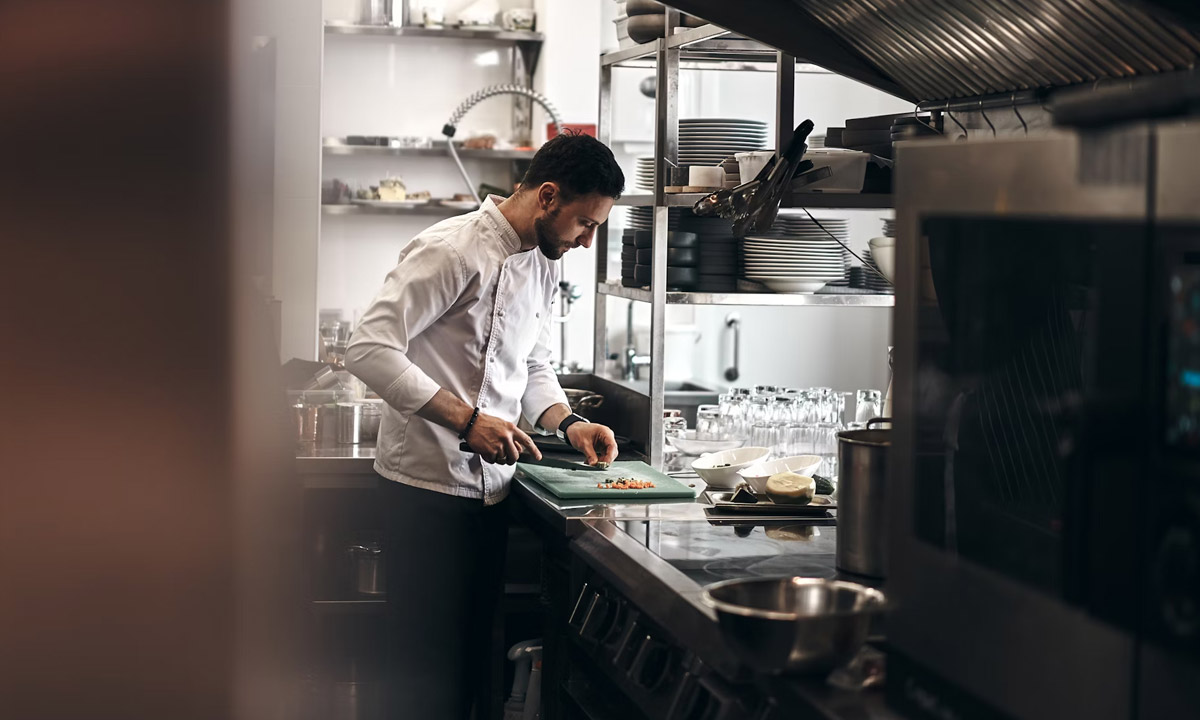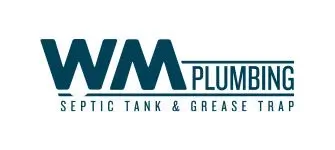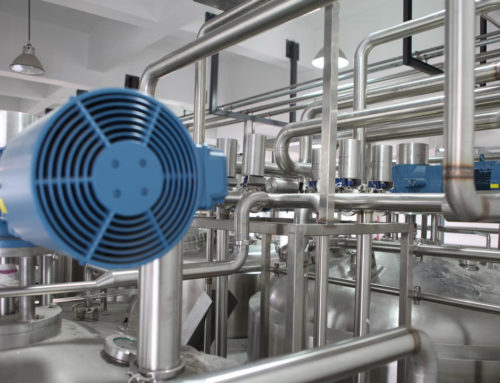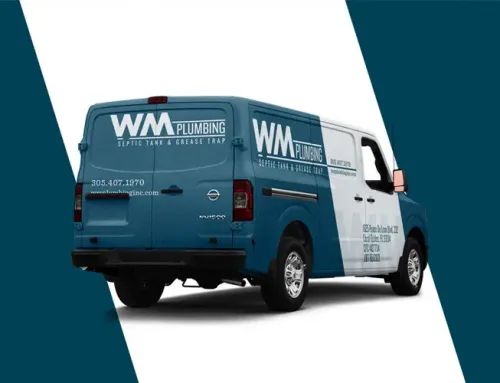How to Prevent Plumbing Issues in a High-Volume Kitchen

In high-volume kitchens, whether in restaurants, catering services, or bustling households, plumbing systems experience constant use and stress. A malfunction can halt operations and lead to costly repairs. To ensure smooth operations, follow these ten preventive measures to help avoid plumbing issues.
Regular Maintenance and Inspections
Schedule routine plumbing inspections to catch potential problems before they escalate. A licensed plumber can identify signs of wear and tear, leaks, or blockages that might not be obvious. Establishing a maintenance plan can extend the lifespan of your plumbing system and reduce the risk of unexpected breakdowns.
Proper Grease Management
Grease is one of the leading causes of plumbing blockages in commercial and high-volume kitchens. Never pour grease, oils, or fats down the drain. Instead, use grease traps or interceptors to capture these substances before they enter the plumbing system. Clean the traps regularly to ensure they function efficiently.
Install High-Quality Equipment
Invest in durable, commercial-grade fixtures and pipes that can handle high usage. Low-quality materials are more prone to leaks, cracks, and corrosion. Stainless steel and PVC pipes are excellent choices for their durability and resistance to damage.
Educate Staff on Best Practices
Kitchen staff should be trained in proper plumbing care. Ensure they understand what can and cannot go down the drains. Items like coffee grounds, food scraps, and fibrous vegetables should be disposed of in the trash or compost instead of the sink. Clear communication about these practices can prevent unnecessary clogs.
Use Drain Strainers
Install strainers on all sink drains to catch food particles and debris. Regularly empty and clean these strainers to prevent buildup that could lead to blockages.
Monitor Water Pressure
Excessively high water pressure can strain pipes and fixtures, causing leaks or bursts. Use a water pressure gauge to monitor levels and adjust them if necessary. The recommended range for most kitchens is between 40-60 psi (pounds per square inch).
Maintain Dishwashers and Garbage Disposals
Dishwashers and garbage disposals are workhorses in a high-volume kitchen, but they need regular maintenance to operate smoothly. Clean the dishwasher filter and check for any clogs in the drainage hose. For garbage disposals, run cold water while using them and avoid overloading with hard or fibrous materials.
Address Leaks Immediately
Even small leaks can escalate into major problems if left unaddressed. Regularly inspect faucets, pipes, and connections for signs of dripping or pooling water. Fixing minor issues promptly can prevent significant damage and save water.
Be Prepared for Emergencies
Equip your kitchen with a plumbing emergency kit, including tools like a plunger, pipe wrench, and drain snake. Know the location of the main water shut-off valve to quickly stop water flow in case of a burst pipe or major leak.
Work with a Trusted Plumber
Establish a relationship with a reliable plumber who specializes in commercial kitchens. Having a professional you can call for urgent repairs or consultations can save time and reduce stress when issues arise.
By implementing these practices, you can prevent plumbing issues in your high-volume kitchen, ensuring uninterrupted operations and a safe, efficient workspace. Taking a proactive approach to plumbing care is an investment in your kitchen’s success.


